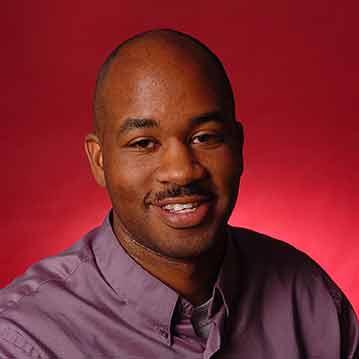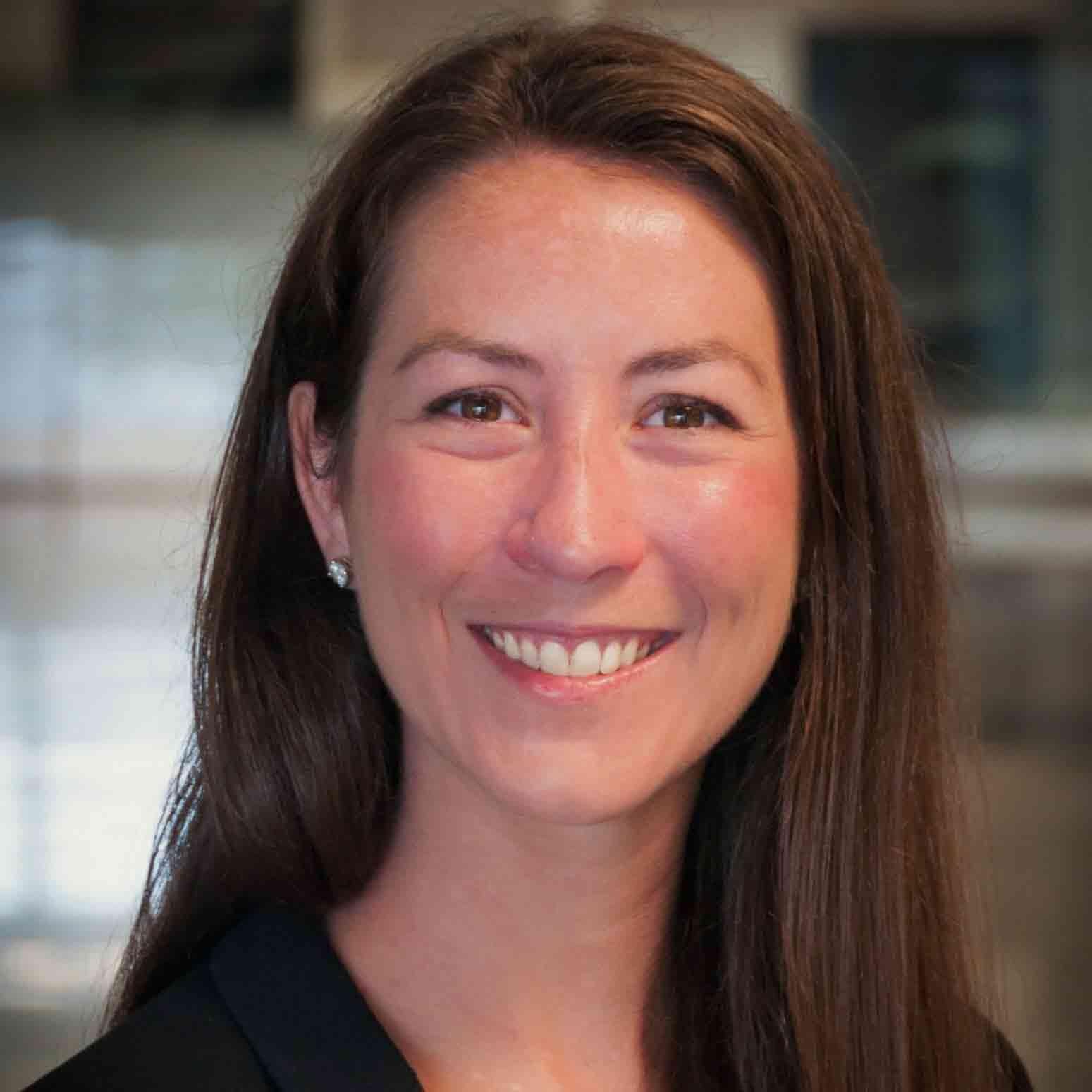Arts
Creative practice as personal expression and social commentary
Introduction
Art—in its infinite forms, functions and implications—is the most accessible and universal way of constructing meaning out of the world we inhabit.
The Arts Scholars program helps students gain a deeper understanding and appreciation of the role that art plays in society and in history. Through a mix of lectures, discussions, demonstrations, collaborative art-making and interactions with guest artists, students consider:
- How art can help us uncover our past and more readily imagine the possibilities of the future;
- How and why art may be used to make an impact or send a message; and
- What different works of art, and personal reactions to them, may signify.
Students will be challenged to conceptualize, articulate and present original ideas through a variety of methods, getting firsthand experience in creative problem-solving and project execution. Ultimately, students will strengthen their personal artistic skill and learn to appreciate a broad spectrum of art disciplines.
The Arts Scholars program attracts a diverse student population from a range of academic disciplines. No matter their area of artistic interest or skill level, students will find themselves immersed in a collaborative learning environment.
Colloquium and Lecture Topics
- What is art? What is “good” art? Understanding social definitions of art and their influence on artistic taste.
- How can we leverage the influence of artistic practice to constructively comment on the depth of our differences, our shared commonalities, and the nuances of identity as individuals and community members?
- What does research look like in the arts? Exploring common methods of creative and artistic research in the professional world.
- In what ways can we embrace creative approaches to identify, address and bring clarity to the societal challenges faced by “you,” “us,” “them” or “other”?
- How can art reshape or recontextualize understanding of our (individual and societal) learned history, biases and beliefs? How can it make visible the invisible?
- West African djembe: Exploring the role of music in community building, storytelling and cultural understanding
I have been challenged to think differently, work cooperatively, embrace creativity and, most importantly, go beyond the limits I have set for myself. Because of this program, I can confidently say I feel infinitely more prepared for the “real world,” and for that confidence and growth, I could never be more grateful.
Other Learning Opportunities
A variety of learning opportunities supplements the Arts curriculum. As an Arts Scholar, you will be introduced to artists, professional ensembles and world-class institutions each semester, through workshops led by guest artists; attendance at live performances in Washington, DC, New York City and on campus; and visits to the Smithsonian's renowned art and history museums.
In addition, you will get a chance to:
- Conceptualize, execute and present a capstone project of your choosing during your second year;
- Participate in service-learning with local schools and arts nonprofit organizations; and
- Cultivate valuable leadership and communication skills through peer mentoring and peer teaching opportunities.
Curriculum Overview
Over the two-year program experience (four semesters), students will complete up to 6 credits of supporting courses that will count toward your Arts Scholars citation. In most cases, these will also fulfill General Education requirements. Note that your Scholars courses—colloquiums, capstone practicum and supporting courses—will generally be in addition to any courses you take to satisfy major requirements.
The following represents a typical two-year curriculum, but individual schedules may vary. Details about courses and requirements can be found on the Arts Citation Checklist.
| SEMESTER | COURSE | CREDITS |
|---|---|---|
| Freshman Fall | Scholars Colloquium | 1 credit |
| Academic Writing (can be taken either Freshman Fall or Spring semesters) | 3 credits | |
| Arts Service Learning (Optional) | 2 credits | |
| 2–4 courses toward degree and major requirements (including possible supporting course) | 6–12 credits | |
| Freshman Spring | Scholars Colloquium | 1 credit |
| Arts Service Learning (Optional) | 2 credits | |
| 3–5 courses toward degree and major requirements (including possible supporting course) | 9–15 credits | |
| Sophomore Fall | Scholars Colloquium | 1 credit |
| 4–5 courses toward degree and major requirements (including possible supporting course) | 12–15 credits | |
| Sophomore Spring | Scholars Colloquium | 1 credit |
| Scholars Capstone | 2 credits | |
| 4–5 courses toward degree and major requirements (including possible supporting course if not already completed) | 12–15 credits |
Sponsoring College
Residence Hall
Bel Air Hall
Faculty


Social Media, Etc.
The Diamondback: UMD students' dance workshop highlights Japanese Butoh style, May 2022
Arts News
Scholars Celebrates Citation and Founders Circle Award Winners at Annual Ceremony
When the Citation class of 2023 entered the University of Maryland, they were already adjusting to a rapidly changing world being constantly reshaped by the Covid-19 global pandemic. One thing that didn’t change – their commitment to excellence in the classroom. All who successfully completed the requirements of their respective Scholars program received their official Scholars citation. But there were some that went above and beyond the expectations, leaving a lasting impact on the community.
School of Public Health to Host Showing of PBS Public Health Documentary
The University of Maryland School of Public Health will kick off its Global Health Film Series on Wednesday with a screening of a film about the U.S. Public Health Service Commissioned Corps that features the school’s dean, Boris D. Lushniak, a member of the uniformed service branch for 27 years. In partnership with the College Park Scholars’ Global Public Health program and Public Health Beyond Borders, the one-hour PBS documentary “Invisible Corps” will be shown at 7 p.m. in the Stamp Student Union Grand Ballroom.
College Park Scholars Announces New Coordinator for Media, Self and Society Program
College Park, MD – October 9, 2023 – College Park Scholars, a nationally acclaimed living learning program at the University of Maryland, College Park, is pleased to announce the appointment of Dr. Carole Lee as the new program coordinator for the Media, Self and Society (Media Scholars) program. In her new position, Dr. Lee will promote student engagement and success by managing co-curricular and experiential learning opportunities. She will also play an important role in teaching, student support, and curriculum development for the Media Scholars program.
More Than Words
Global and Public Health Scholar Kelly Biglin was recently interviewed for a Maryland Today article highlighting the benefits of enrolling in a Spanish for Health Professions class at UMD.
New Feller Research Professor to Advance Research on Activism by Marginalized Youths
Stacy Kosko, an Associate Research Professor in the Department of Government and Politics (GVPT) and the Director of the College Park Scholars International Studies program, has been named the next Joel J. Feller Research Professor—an award that has supported professional track faculty in GVPT since 2015.
'Cheese' The Day
The following article originally appeared in Maryland Today: As a kid, Kara McGrath ’13 had to have her “pocket cheese”—string cheese she shoved, at her mother’s dismay, into every jacket and pant so she could have it on the go. In college, she blew her budget on fancy fromage during grocery runs with roommates. And when she got married in 2018, she served her guests a flowery, four-tiered cake made not from red velvet or buttercream, but wheels of Manchego, blue cheese and Harbison.
